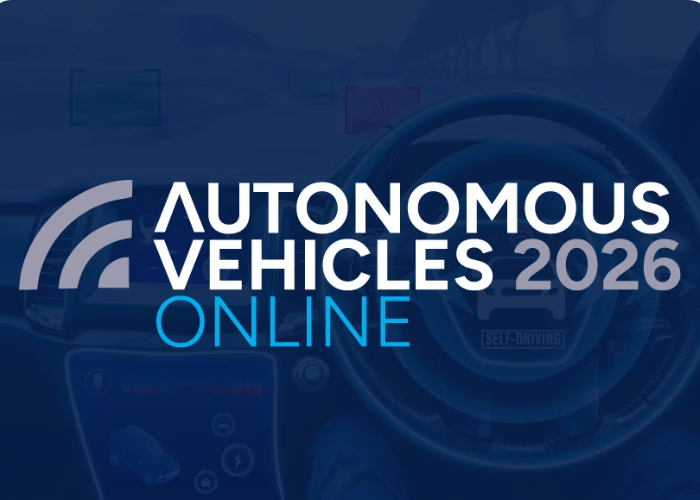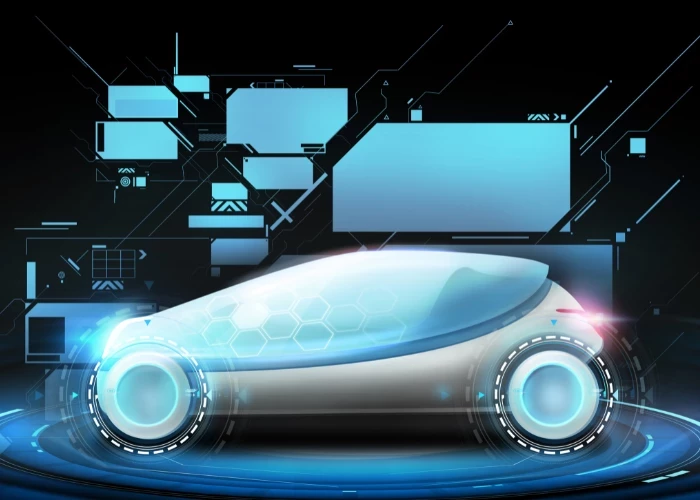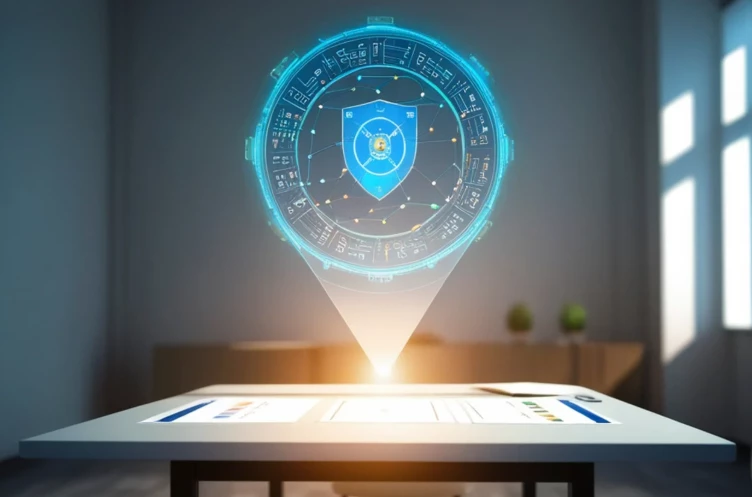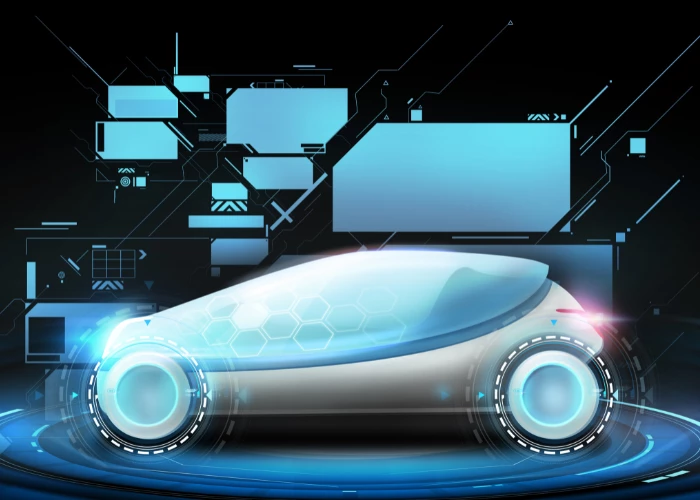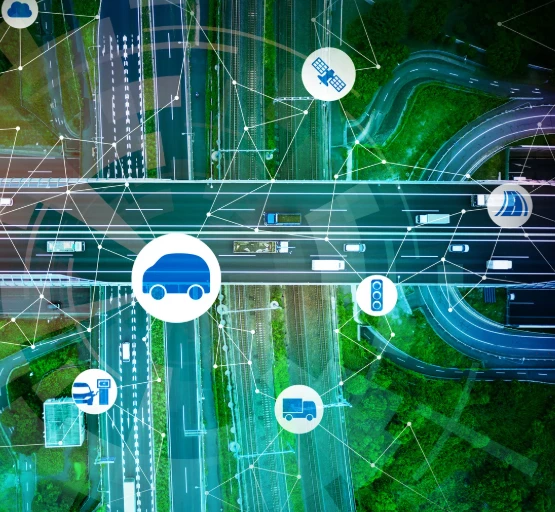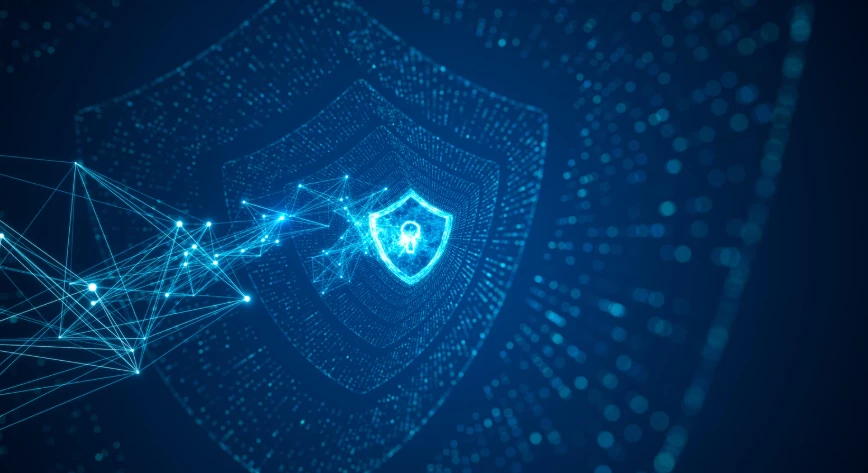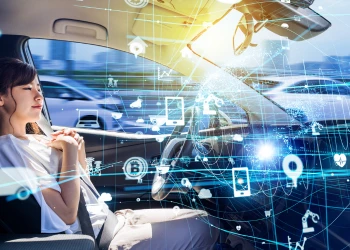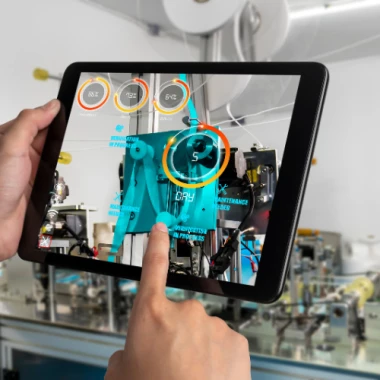The Threat of Cyber Security
Add bookmarkVehicle connectivity, while new and exciting, also comes with great threats as society makes its shift toward the future of autonomous cars. That being said, vehicle manufacturers will always do their best to deliver good, reliable products that customers can depend upon.
“What is the Threat to Cyber Security?”
In short, the most heinous threat we face with cybersecurity is the manipulation of the vehicle function or the retrieval of driver information through vulnerable areas in the system.
Access can be achieved through a vehicle’s wireless communication system, such as mobile phones and tablets connected to the car via Bluetooth, USB, and WIFI. Vehicle hacking can even occur through a third party device plugged into the vehicle diagnostic port.
Because of these threats, the automotive industry will need to work quickly to create ways to defend and protect drivers and passengers alike.
The Biggest Challenge
Perhaps one of the biggest challenges that we face when it comes to cybersecurity in our vehicles is that the electrical components in our vehicles, (also known as electrical control units or ECUs), are all connected together in a massive internal network.
There are more than One Hundred Million lines of code in the cars of today. The more code, the greater the chance that a hacker will be able to infiltrate the system and create a lot of havoc in anything from the brakes, to the engine. Many countries are beginning to realize how big of a threat hacking really is when it comes to cybersecurity.
In 2015, two researchers looking into the threat of cyber security proved that they could take control of a Jeep Cherokee and send it off the road. In the same year, hackers uncovered a vulnerability in the BMW ConnectedDrive technology, (which is a system designed to bring ease of access and comfort), and exploited the weakness to prove they could take control of the vehicle. In 2016, there was yet another threat uncovered where hackers proved they could unlock Volkswagens remotely.
This is obviously not the kind of thing anyone wants to hear. But that’s also why the automotive industry is doing its absolute best to fix holes and vulnerable areas in vehicle systems, especially as the demand for connected cars increases.
Cyber Security and the Automotive Industry
Cyber security, in a lot of ways, is changing the automotive industry from the inside out. Engineers are learning to combine human learning and artificial intelligence in the best way possible.
The Automotive industry realizes that they can’t just put a firewall on a car and call it “safe”. They realize that they have to take an offensive-defensive stance to the issue of cyber security. If they don’t seek to understand the human brains behind the hacking, they can’t learn how to defend against them.
It’s a Two-Way Street
While the automotive industry and the brains behind autonomous vehicles will do their best to keep Cyber Security a priority, it takes cooperation from drivers, too.
This is especially true as the threat grows. The more vehicles that shift over and become autonomous, the more vehicles exist on the roadways that can be infiltrated. Thus the threat of danger will grow as the amount of autonomous vehicles grow. In the year 2014, a little over half of the vehicles sold were connected. This means that there are a good many cars on the road today that are vulnerable to attack.
In the coming years, we can expect this number to double or even triple. Because of this, the automotive industry will have to expand their knowledge and create ways to defend their new technology and keep it in the right hands. But again, this takes cooperation from the driver as well as the industry itself. If we’re careful and take the proper precaution, we won’t have to worry about vehicle hacking or manipulation.
The Government and Cyber Security
You may not be aware, but the government has actually played a major role in the threat to cyber security. The reason for this is because of the risk it poses to public safety. US Senators Blumenthal and Markey actually proposed legislation to establish mandatory federal standards for cyber security in automotive vehicles.
In fact, the US Transportation Secretary Anthony Foxx said: “Cyber Security is a safety issue and a top priority at the department. Our intention with today’s guidance is to provide the best practices to help protect against breaches and other security features that put motor vehicle safety at risk.”
However, this isn’t the case for some of the other people in Washington. Senator Gary Peters has actually repeatedly argued that he believes that US lawmakers should take a step back and allow the private industry to take a stand in deciding for themselves what solutions and standards ought to be made to protect the general public from the looming threat to cyber security.
Fighting the Threat to Cyber Security
There are a lot of steps that the automotive industry plans on taking to minimize the threat that exists to Cyber Security.
One of these things is a defensive software solution stored on each ECU individually. They will be able to analyze threats and fight against them before they ever get into the internal world of the vehicle.
Since people are much more often reactive than proactive, there aren’t very many ideas or software that will protect a vehicle from threats of Cyber Security. We hope that as society shifts toward the future of autonomous cars, the threat to cyber security will be be explored and dealt with accordingly.
While it’s easy to enjoy the luxury that comes with connected cars, we should always stay aware of the threat that this poses and be aware of just how much we don’t know about cyber security and focus on keeping our personal information where it belongs.
If you’re scared of the threat, consider purchasing a used car that isn’t connected, or exploring the issue for yourself. Either way, we can rest in the knowledge that as the automotive industry drives toward the future of connected vehicles, it will also advance technologically toward a better future for cyber security.




